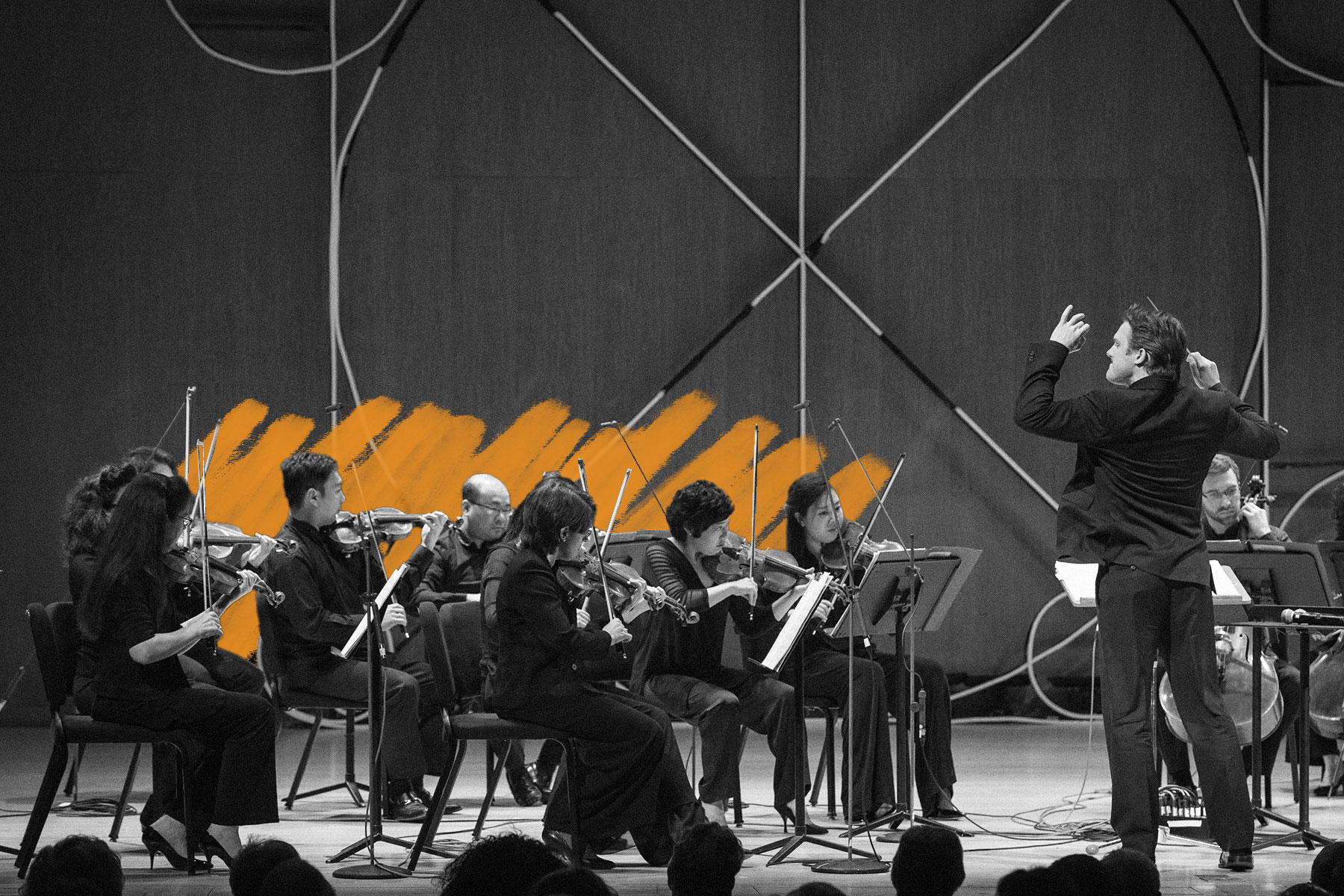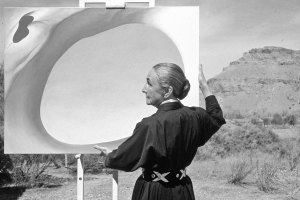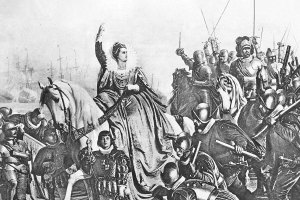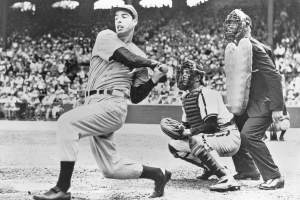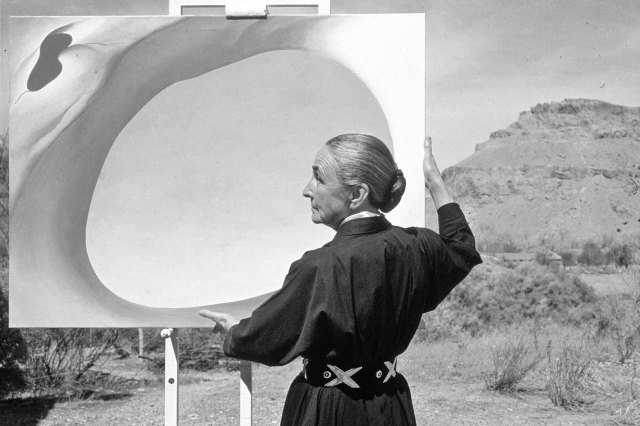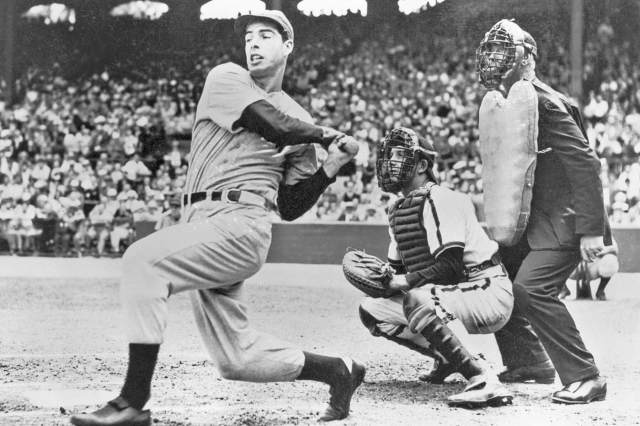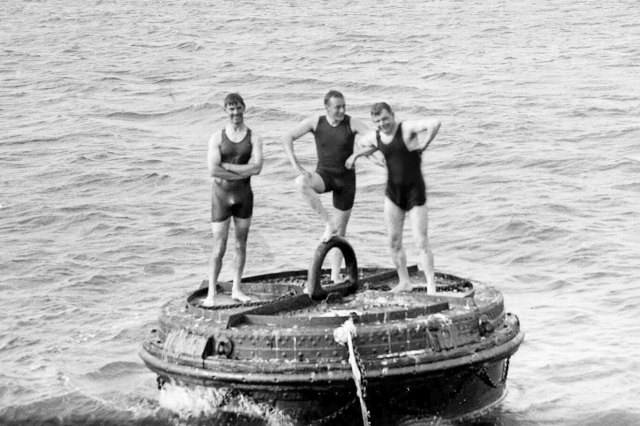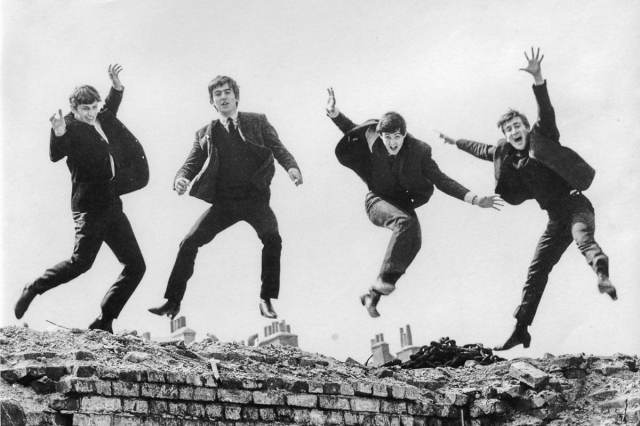The New York Philharmonic had to ask the audience not to knit during concerts.
There are few hobbies more perfectly aligned than knitting and listening to classical music. But in 1915, Americans took their zeal for needlework a bit too far, forcing the New York Philharmonic to request that its audience refrain from knitting during live musical performances.
At the time, knitting was promoted as a patriotic act to support soldiers fighting in World War I. Even though the United States didn’t officially join the war until 1917, organizations such as the American Red Cross encouraged U.S. citizens to knit warm clothing to aid in the Allied war effort. People knitted everywhere, from buses to courtrooms and even while attending shows at Carnegie Hall. However, the clacking of needles proved distracting to performers and audience members alike, prompting the New York Philharmonic to take action. A program dated February 7, 1915, stated, “the Directors respectfully request that [knitting], which interferes with the artistic enjoyment of the music, be omitted.”
Knitting was one of many ways that Americans back home supported the war effort. In 1917, future President Herbert Hoover, who was then head of the U.S. Food Administration, pondered ways to supply soldiers with heartier meals. Hoover asked Americans to participate in “Meatless Tuesdays” and “Wheatless Wednesdays,” leading to more than 10 million households pledging to use potato flour and chicken instead of wheat flour and beef. The Hoover administration later published a cookbook titled Victory Recipes of the Great War, featuring dishes such as a “camouflage roast” made of peanuts, and a lima bean “mock sausage” for “Porkless Saturday.”





